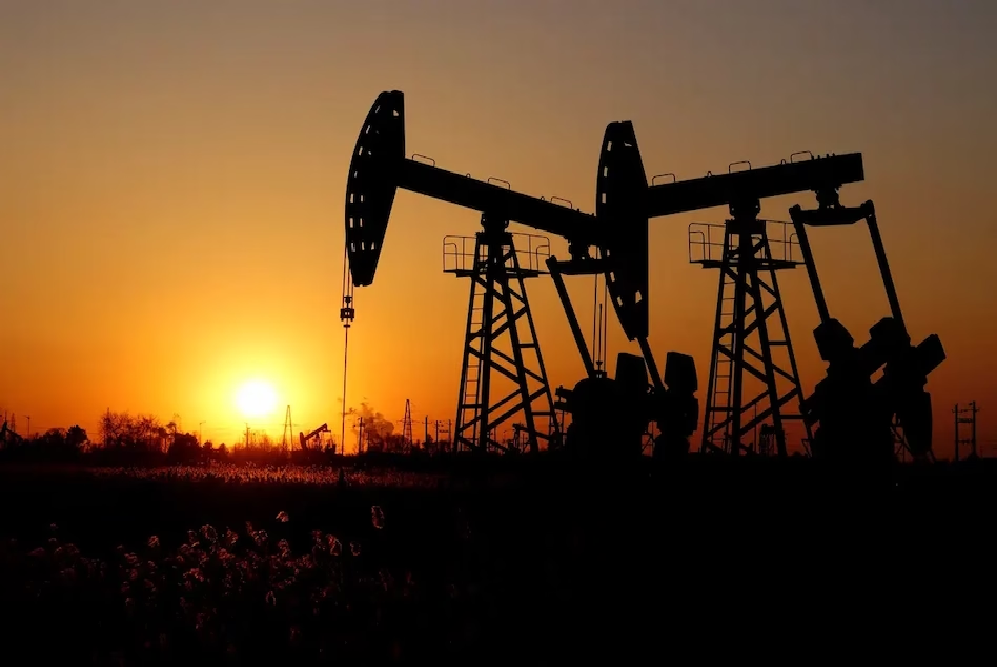Israel-Hamas War could Potentially Spike up Oil Prices
As the conflict between Israel and Hamas is widening, soar in oil prices has been witnessed. There is already a rise of 6% and is expected to see an all-time high since 2008.
The chief economist of the World Bank, Indermit Gill, has expressed concerns about the current war. Previous conflicts between Russia and Ukraine had already caused some economic shocks, and now the ongoing war between Israel and Hamas is expected to put enormous pressure on the market. This is because the Middle East is one of the largest exporters of natural oil and gas, and disruptions to production and transportation can have significant global consequences.
“Policymakers will need to be vigilant. If the conflict were to escalate, the global economy would face a dual energy shock for the first time in decades” from both the war in Ukraine and conflict in the Middle East, he said.
The conflict between Israel and Hamas is likely to escalate further as Hamas has called for support from regional allies Iran and Lebanon. Meanwhile, the Israeli army is advancing into Gaza, and Prime Minister Benjamin Netanyahu has declared the start of the “second stage” of the war.
“That had disruptive effects on the global economy that persist to this day,” Gill stated in a statement.
The World Bank has assessed the effects of the war in three different scenarios- small, medium, and large disruption. In the event of oil supply disruption, the production could decline to 6-8 million barrels per day, causing an upsurge in oil prices of up to 56% to 75%, ranging from $140 to $157 per barrel.
“If a severe oil price shock materializes, it will push up food price inflation that has already been elevated in many developing countries” after Russia’s Ukraine invasion, Ayhan Kose, the World Bank deputy Chief economist, said.
The consequences of the Ukraine war are still being felt across the world. The market shocks and inflation that resulted from it have already caused significant disruption to trade. Now, the Israel-Hamas war threatens to exacerbate the situation further. With the rise in oil prices, the cost of all other commodities will also be affected, potentially leading to food shortages. This is a particularly worrying prospect for most Middle Eastern countries, as they rely heavily on imports for their food supply and may face food insecurity as a result.
“An escalation of the latest conflict would intensify food insecurity, not only within the region but also across the world,” said Kose.
Kindly share your feedback on the content in the comment section. To receive more such updates, follow Airr News, and don’t forget to like, share, and subscribe.
#fuelmarket #middleeast #israelhamaswar #russiaukrainewar #fossilfuel #naturalgas #import #export #worldbank #india #pmnetanyahu #gazastrip #terrorattack #foodsecurity #bilateraltrade #india #airrnews

